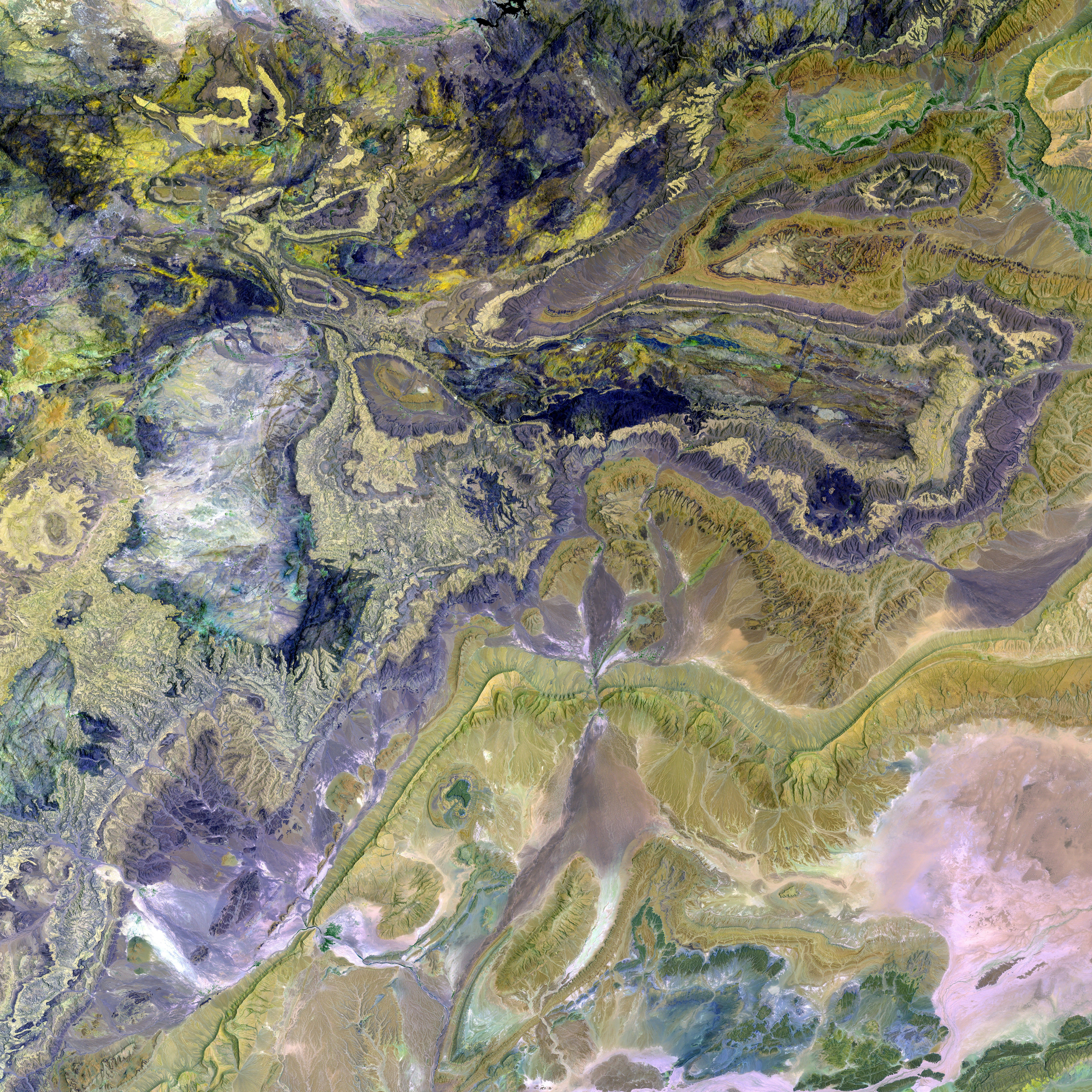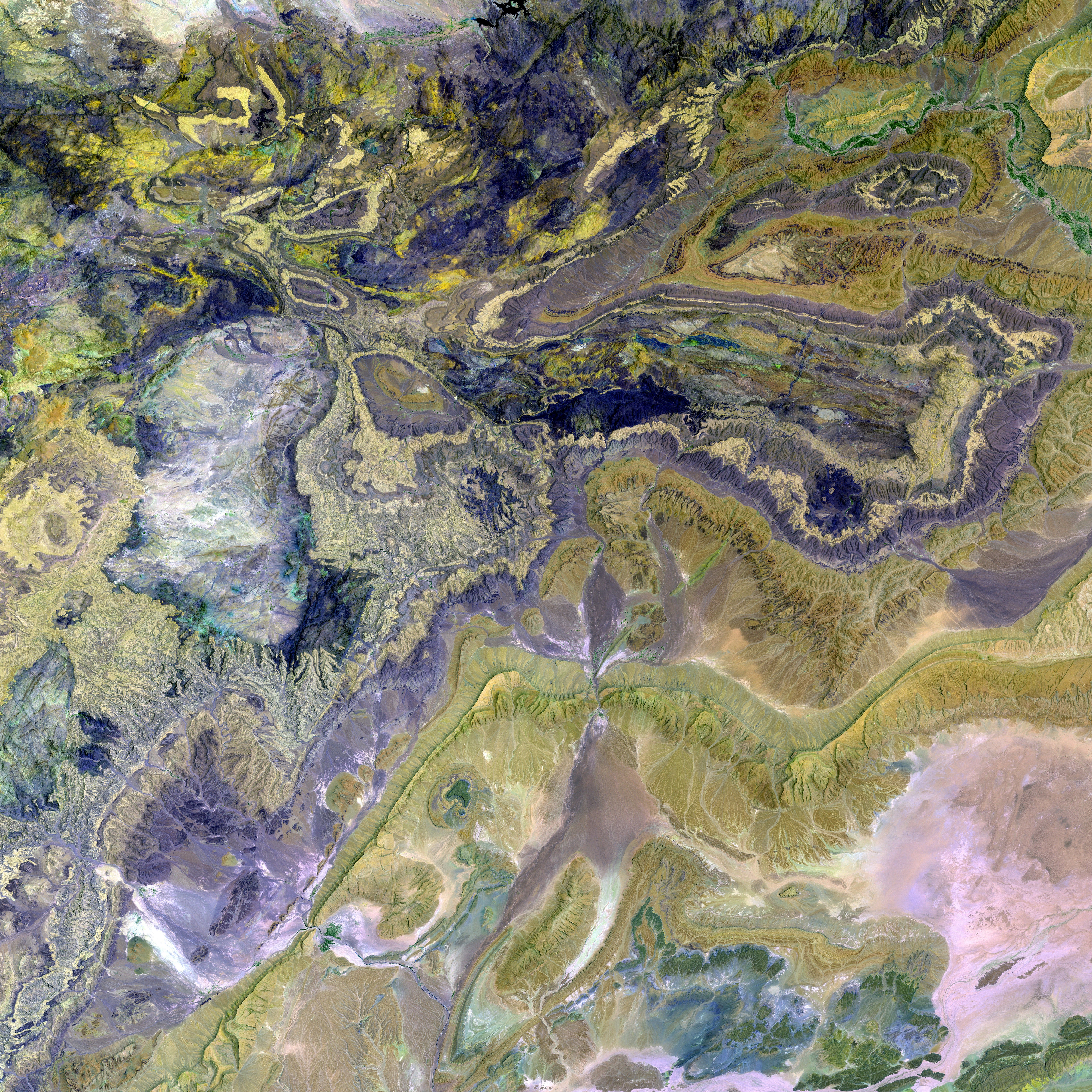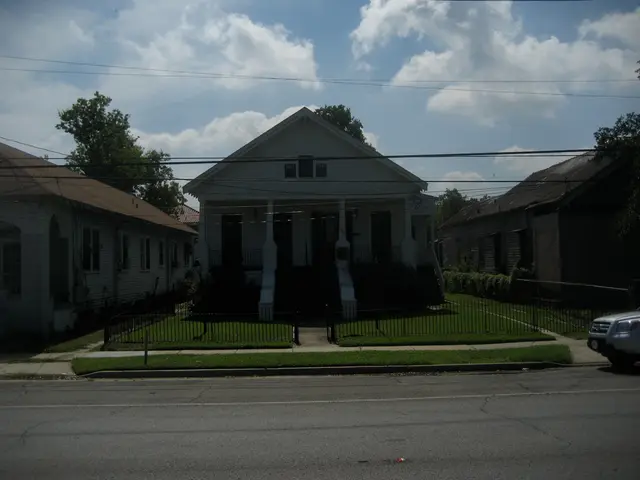Urging Appropriate Dialogue on the SIDC Bridge, as advocated by IDIS
Hear 'em Out: IDIS Stands Firm on SIDC Bridge Ecological Concerns
The Davao City-based environmental group Interfacing Development Interventions for Sustainability (IDIS) has steadfastly expressed their worries about the ecological risk posed by the Samal Island-Davao City Connector (SIDC) project. In a nutshell, they've been shouting this warning since 2022, reaching out to national agencies, local governments, and communities through consultations, meetings, and written position papers.
IDis has been crystal clear that their stance is not spontaneous. It's a continuation of their long term commitment to sustainable development. Since the project's inception, they've been making waves, pointing out that the current alignment slices through a lively ecosystem – something project proponents claim is ecologically insignificant.
Construction activities in 2024 led to the chopping down of trees in Davao City and Island Garden City of Samal.The cost? The loss of trees adds to the long list of ecological costs that could have been avoided or minimized if an environmentally-friendly route had been chosen.
IDis isn't against building the bridge, however. They recognize the need for improved connectivity, accessibility, and infrastructure to boost growth in both Samal and Davao. But as an environmental group, they've taken it upon themselves to ensure that development is long-term, science-based, and fair to society. Building infrastructure shouldn't mean the destruction of the ecosystem, which provides clean water, coastal protection, biodiversity, and livelihoods.
IDis says the current SIDC bridge alignment threatens two significant marine habitats. These sanctuaries are Paradise Reef off the coast of Island Garden City of Samal (Igacos) and the Marine Protected Area of Barangay Hizon in Davao City. Construction could disrupt these habitats majorly. They explained that pile driving, dredging, and land reclamation could cause coral reef damage, sediment burial, and the death of marine organisms.
This destruction could lead to the degradation of water quality, potentially displacing fish, invertebrates, and marine mammals.
The heat is on, and it doesn't stop there. A Writ of Kalikasan was filed with the Supreme Court on April 21, 2025, demanding a halt to the SIDC construction. Responses were mixed.
Mark Penalver, Idis’ executive director, called out a series of online comments labeling their organization as terrorists and even threatening their members. These comments cropped up on a Facebook post regarding the petition to the Supreme Court to stop the SIDC construction.
Penalver expressed concern over the threats, stating that these comments contribute to an hostile environment for organizations fighting for environmental and community rights. "This isn't just a threat to an organization - it's a threat to the people who are genuinely working to protect your rights and the environment you live in," Penalver penned. "These kinds of threats have no place in a democracy."
The comments disappeared from sight, as of now. Penalver shared the post publicly to increase awareness and ensure accountability. IDIs urges the public to engage in "respectful and evidence-based discussions."
IDIS firmly opposes being labeled as "terrorists" or "leftists," asserting these as baseless and dangerous accusations. This kind of labeling undercuts democratic dialogue and the legitimate concerns of civil society organizations advocating for environmental protection.
IDIS commits to following the path of peaceful, lawful, and inclusive advocacy. They also call on government agencies, developers, and communities to create solutions that foster progress while protecting the environment for the future. Sustainable development, they say, should serve the needs of today, but also the health and future generations.
IDIS isn't alone in expressing environmental concerns about the Davao-Samal bridge project, particularly its potential impact on marine biodiversity and coastal ecosystems in Davao City. RGP
On a Side Note:- The SIDC project construction has passed 12% as of April 2025[4]. It's a 3.98-kilometer bridge with a four-lane extradosed bridge design. Mainly funded by China, approximately P19.32 billion is from official development assistance, with the rest being covered by the Philippine government. The project's target completion date is 2027 or 2028[1][2][4].- Environmental concerns about the project include environmental damage to the local ecosystems, with reports of destruction to centennial table corals at Paradise Reef attributed to construction activities[2].- A petition for a Writ of Kalikasan was raised, seeking to halt the project due to alleged severe environmental impacts. The petitioners include environmental groups like Ecoteneo, Interfacing Development Interventions for Sustainability (IDIS), and others[1][2].- Threats against environmental advocacy groups like IDIS are not specifically reported in current reports. Most of the opposition seems to be centered around the ecological hazards and legal challenges, rather than direct threats against the groups.- Despite these challenges, the Department of Public Works and Highways (DPWH) has pledged to move ahead with the project, emphasizing quality control measures to ensure structural integrity and safety[4]. The DPWH maintains that the project aligns with President Ferdinand Marcos Jr.’s infrastructure development plans[2][4].
- IDIS, rooted in Davao, continues to voice their environmental concerns about the SIDC project, first expressed in 2022.
- The organization's stance on the SIDC bridge alignment’s ecological risk is not recent; it's part of their long-term commitment to sustainable development.
- In 2024, construction activities led to the deforestation in Davao City and Island Garden City of Samal, adding to the project's ecological costs.
- IDIS isn't against building the bridge; they recognize the need for improved connectivity, but advocate for science-based, long-term, and fair development.
- The ecological significance of the current alignment's impact on a lively ecosystem has been discussed by the group.
- Idis identified two marine habitats at risk from the SIDC project – Paradise Reef and Barangay Hizon's Marine Protected Area.
- Major construction activities such as pile driving, dredging, and land reclamation could cause harm to these sanctuaries.
- Coral reef damage, sediment burial, and marine organism deaths are potential consequences, affecting water quality and marine life.
- A Writ of Kalikasan was filed with the Supreme Court in 2025 to halt the SIDC construction, despite mixed responses.
- Online comments labeled IDIS as terrorists and threatened their members, creating an hostile environment for environmental advocacy.
- Mark Penalver, Idis’ executive director, condemned these threats, asserting they have no place in a democracy.
- Respectful and evidence-based discussions are encouraged by IDIS to address legitimate concerns about the SIDC project and its ecological impact.
- In addition to IDIS, other organizations have expressed concerns about the Davao-Samal bridge project's potential impact on marine biodiversity and coastal ecosystems in Davao City (RGP).
- Data and cloud computing, personal finance, education and self-development, home and garden, real estate, personal growth, sports, sports betting, and technology are some fields where sustainable living can be employed to protect the environment.
- Investing in sustainable living, together with government and industry efforts, can foster progress while ensuring long-term sustainability, following the principles of science-based, long-term, and fair development.
- Climate-change, energy, lifestyle, health, science, finance, and environmental-science industries can collaborate to develop solutions that respect the environment for future generations, serving the present while protecting the planet.







